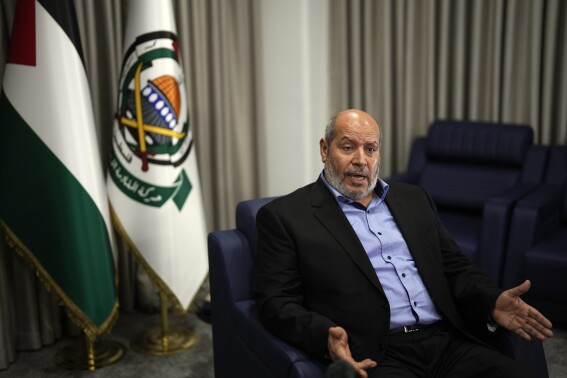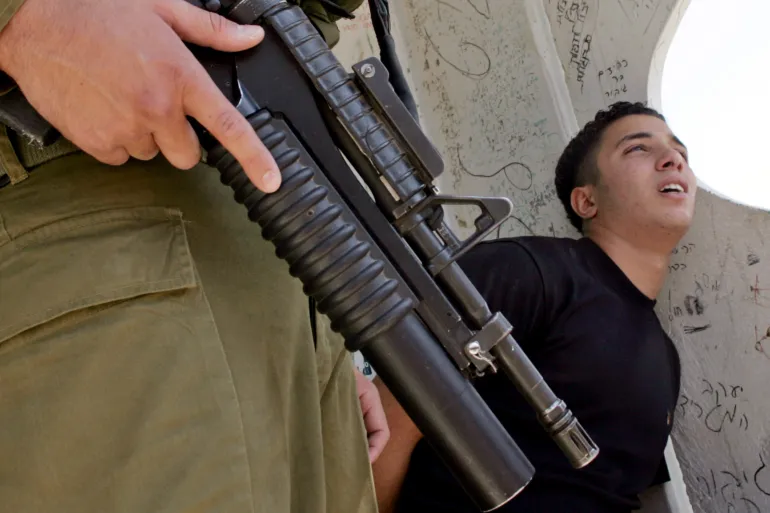Yes, Israel has a right to defend itself in Gaza, just as any sovereign nation has the right to protect its citizens from attacks. This right is not only supported by international law but also rooted in basic principles of self-preservation and security.
According to Article 51 of the United Nations Charter, all nations have the right to self-defense if an armed attack occurs. Israel, like any other country, must be able to protect its citizens from indiscriminate rocket fire, terrorist attacks, and ongoing threats posed by militant groups operating within Gaza. The region has been a breeding ground for groups such as Hamas, whose charter openly calls for the destruction of Israel. In the face of constant security threats, Israel’s military actions are aimed at neutralizing these threats, protecting its civilian population, and maintaining its sovereignty.
Critics argue that Israel’s actions violate international law or that they are disproportionate. However, this fails to consider the extreme complexity of asymmetric warfare, where militant groups hide among civilian populations and use them as shields. Israel, despite facing enormous challenges, has implemented numerous measures to minimize civilian casualties, including advance warnings before military strikes. Furthermore, Hamas’s own actions, such as deliberately placing military assets in schools, hospitals, and residential areas, violate international humanitarian law and make it nearly impossible for Israel to defend itself without inadvertently causing civilian harm.
The question of occupation often arises, but this narrative overlooks Israel’s repeated efforts to pursue peace, including withdrawing from Gaza in 2005. Despite this, Hamas took control and intensified its attacks on Israeli civilians. Israel’s blockade, which is often portrayed as a form of collective punishment, was implemented to prevent weapons smuggling and protect its citizens. This is not an act of aggression but one of defense, necessary to safeguard against a well-armed and hostile entity that routinely launches rocket attacks against Israeli cities.
Moreover, while international law permits armed resistance against foreign occupation, it does not condone terrorism or targeting civilians. The deliberate targeting of Israeli civilians by Hamas and other groups violates both humanitarian law and moral principles. It is important to distinguish between legitimate military actions aimed at defending civilians and indiscriminate attacks aimed at causing terror. Israel’s efforts, while criticized, are primarily focused on protecting its civilian population from such terror.
In this ongoing conflict, both sides suffer. But to argue that Israel does not have the right to defend itself while suggesting that only Palestinians do is a gross oversimplification. The reality is that peace will only be possible when all parties, including Israel, are allowed to live securely without constant threats to their existence.
In conclusion, Israel’s right to self-defense is a fundamental principle of international law and basic human rights. Just as any nation has the right to protect its citizens from external attacks, so too does Israel have the right to defend itself against the constant threat posed by terrorist organizations operating in Gaza.






